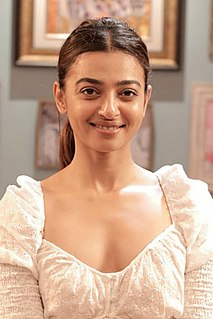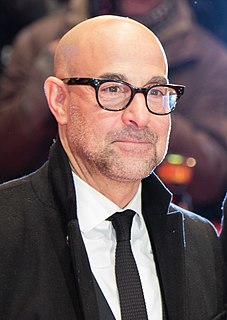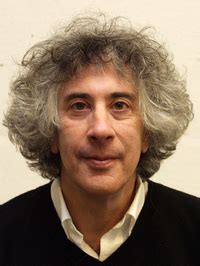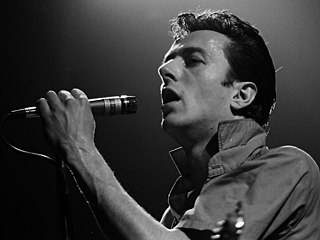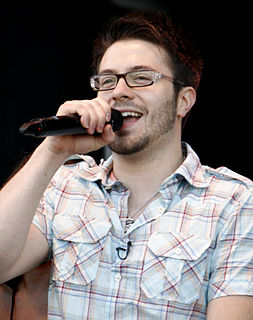A Quote by Radhika Apte
It's not just about looking shocked if the scene demands it. It's about feeling that emotion. You can't lie to the camera, because it captures everything. This is what I have learnt over the years.
Related Quotes
Fight sequence to me isn't just about the athleticism. It so often is about what the emotion that is behind it and how willing you are to really, really challenge that emotion or really take that emotion to that place so you're feeling a certain intensity for the whole time when you're shooting the actual physical scenes.
Zooming in, zooming out. I was shocked. I said, "Let's erase this right now, put the camera behind the stage and I'll do the performance just for the camera." He set up everything and I told him to go outside and smoke a cigarette. Come back when I finish. Don't touch the camera. This was the way how I've done most everything after that.
Look, I really do not care about you. What I care about is the worlds that you bear witness to. You are nothing more than a dog with a video camera strapped on its back. As you walk the streets looking for a place to mate or piss or eat, the camera is on and we will see the world because of you... You carry the camera and we enjoy the world. (On images as autobiography)
I'm very heavily involved in the editorial post-production process, and the camera - it's just such a big part of my storytelling language. I like creating the tension; I like creating the emotion through the movement of my camera, or the lack of movement through my camera, depending on what fits the scene best.
I had invited 50 or 60 peers and friends, most of whom were parents, to see the film [Trust], and I asked about the last scene. It was interesting because it was split right down the middle, 50/50. About half the audience wanted it to end with the very emotional scene between Clive and Liana, and that feeling of realization and catharsis. And, the other half were adamant about keeping that last scene.
We used hand-held cameras 50 years ago. It wasn't something new. Sometimes we used a tripod, or we'd have a tracking shot, and sometimes - like when a character was being chased - we used a hand-held camera because it was right for the scene. In those cases, it helped the mood; it created immediacy and a feeling for the viewer that they were in the scene and in the moment.
